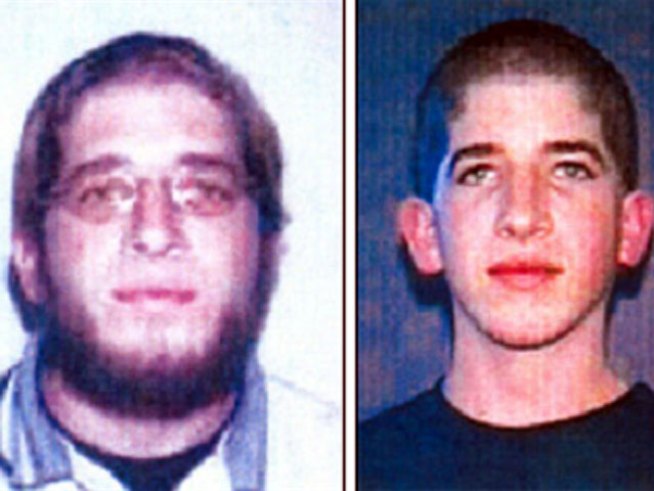
Friday, May 9, 2014
by: Anita Sharma

The FBI hasn’t tacked up its Most Wanted Terrorist posters in Somalia depicting the fair-skinned blue-eyed, brown-haired Jehad Mostafa.
But the bureau hopes someone in that chaotic country will see the web version and contact U.S. authorities. Unlike other Al Shababmembers who rap about the terror group or grant interviews, Mostafa maintains a low profile.
“He is not the most outgoing person,” said Edward Gernat, supervisory special agent with the San Diego bureau of the FBI. “He doesn’t show up on videos as other people have. He doesn’t make himself known. He doesn’t publish his activity within Al Shabab.”
That practice that may have helped him elude U.S. terrorist hunters for at least five years. A San Diego federal grand jury indicted Mostafa in 2009 on three counts of providing material support to Al Shabab. The Al-Qaeda-linked group is known for its brutality in the region. A Human Rights Watch report says Al Shabab has attacked schools, recruited children to fight and beheaded people accused of spying. The group also claimed responsibility for the attack on the Westgate shopping mall in Nairobi, Kenya, last fall that killed 67 people.
Little is known about Mostafa’s position in Al Shabab except that the one-time UCSD economics student may have risen to prominence. He’s believed to be a contact between Al Qaeda and Al Shabab and served as field commander in the latter. Gernat wouldn’t comment on Mostafa’s specific role.
“Usually when Westerners go and join a terrorist organization, they can be used in media cells and liaisons with other terrorist organizations,” Gernat said. “He could be involved in attempted attacks.”
Mostafa’s Western background and his U.S. passport make him an asset.
“Just the idea that he understands Western ways, American ways, the American mindset is extremely valuable to a terrorist organization,” Gernat said.
The FBI lists two different birth dates for Mostafa, making him either 32 or 27. Mostafa’s mother is American. His father is a Syrian Kurd. Mostafa is married to a Somali woman. How exactly Mostafa became radicalized remains a mystery.
Sources say as a youth, Mostafa met Anwar al-Awlaki when the former Al Qaeda leader worked as an imam at a La Mesa mosque in 2000. About six years later, Gernat said, Mostafa traveled to Yemen where Awlaki lived before he was killed in a U.S. drone attack in 2011. Mostafa taught English at a university in Yemen. It’s not known if Awlaki persuaded Mostafa to fight for Al Shabab.
“It sounds like something that could be plausible,” Gernat said. “We know that Anwar al-Awlaki was a very influential person here in San Diego. He also did have an affiliation with a university in Yemen, the one we believe Jehad Mostafa went to teach at.”
Mostafa is one of several dozen people from the U.S. who’ve joined Al Shabab in recent years.
UCSD economics Professor Eli Berman is author of “Radical, Religious and Violent: The New Economics of Terrorism.”
He said an Israeli study found that the psychological profile of terrorists defies stereotypes.
“They’re not poor,” Berman said. “They’re not ignorant. They’re not psychotic. They’re not undereducated. They’re not suffering from some slight that happened to them or their relative or something like that. No, no they’re much more thoughtful than that. And they look like altruists. They are people who are trying to do this thing, obscene as it is, in the service of their communities.”
That sense of altruism becomes dangerous, Berman said, if people like Mostafa connect with a group that can organize and set them on their way.
Brian Fishman, a counter-terrorism research fellow at the New America Foundation, said the U.S. clearly sees Al Shabab as a threat not just to the region but to the West. The U.S. has stepped up drone attacks and special-forces operations in Somalia. Whether Mostafa is a target remains unclear.
“It’s possible that Mostafa is a target,” Fishman said. “U.S. forces did pursue U.S. citizens like Awlaki because he could propagandize.”
What if Mostafa wants to surrender to the U.S.? The FBI’s Gernat said the U.S. would welcome him.
“We would be more than happy to see him if he wanted to give us a call,” Gernat said. “The U.S. is not going to do anything to stop him from leaving Somalia or coming back.”